15 Vegetables that Your Bearded Dragon Will Absolutely Love
Introduction

Bearded dragons, also known as beardies, are desert reptiles that are native to Australia. These reptiles are very popular pets because of their friendly demeanor and low maintenance care. One of the most important aspects of caring for your bearded dragon is making sure that they are eating a healthy diet. In this article, you will learn what vegetables your bearded dragon can eat to keep them healthy and happy.
Why Vegetables Are Important for Bearded Dragons
Vegetables are an essential part of your bearded dragon’s diet. As omnivores, they need both meat and plants in their diet to get the proper nutrition. Vegetables provide a variety of important nutrients such as vitamins, minerals, and fiber. A bearded dragon that doesn’t eat enough vegetables can become malnourished and may develop health problems.
What Vegetables Can a Bearded Dragon Eat?
Bearded dragons can eat a wide variety of vegetables. However, not all vegetables are good for them. Some vegetables can be harmful to your beardie or simply provide no nutritional value. Always do your research before introducing new foods to your bearded dragon’s diet. Here are some vegetables that are safe and nutritious for your bearded dragon:
1. Collard Greens
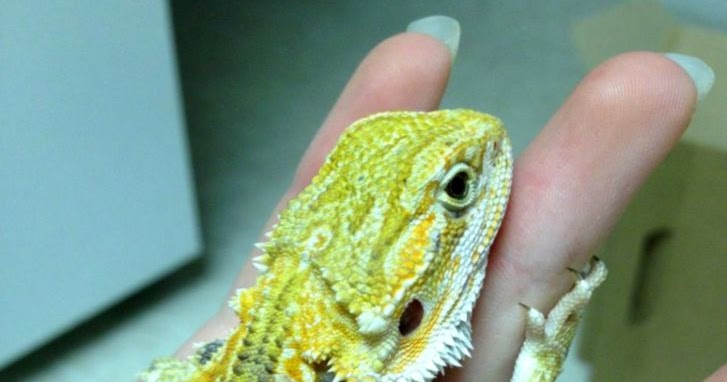
Collard greens are a popular vegetable for bearded dragons because they are high in calcium and vitamin A. Vitamin A is essential for healthy eye function, and calcium is important for strong bones. When feeding collard greens to your bearded dragon, make sure to remove the tough stems and chop the leaves into small pieces.
2. Mustard Greens
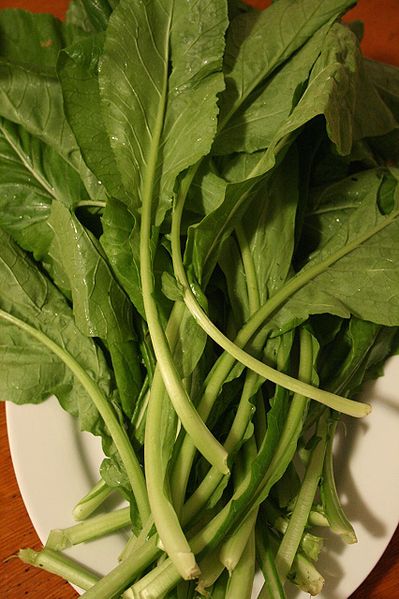
Mustard greens are another great source of calcium and vitamin A. They also contain vitamin K, which is necessary for blood clotting. When feeding mustard greens to your bearded dragon, make sure to remove the stems and chop the leaves into small pieces.
3. Kale

Kale is a nutritious vegetable that is high in vitamin C, vitamin K, and beta-carotene. Beta-carotene is converted into vitamin A in the body. When feeding kale to your bearded dragon, make sure to chop the leaves into small pieces and remove the tough stems. Too much kale can be harmful to your beardie, so feed it in moderation.
4. Bok Choy

Bok choy is a type of Chinese cabbage that is high in vitamin A, vitamin C, and calcium. When feeding bok choy to your bearded dragon, make sure to remove the stems and chop the leaves into small pieces.
5. Squash

Squash is a good source of fiber, vitamin A, and potassium. It comes in a variety of types such as butternut, acorn, and yellow squash. When feeding squash to your bearded dragon, cook it first and remove the seeds and skin.
6. Carrots
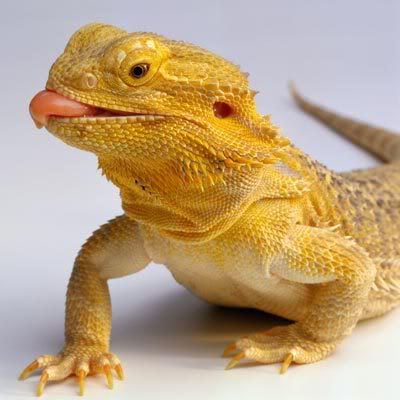
Carrots are a good source of beta-carotene, which is converted into vitamin A in the body. They also contain fiber and potassium. When feeding carrots to your bearded dragon, make sure to chop them into small pieces or shred them to make them easier to eat.
7. Bell Peppers

Bell peppers are a good source of vitamin C, vitamin A, and fiber. They come in a variety of colors such as red, green, and yellow. When feeding bell peppers to your bearded dragon, make sure to remove the seeds and chop them into small pieces.
8. Broccoli

Broccoli is a good source of fiber, vitamin C, and calcium. It also contains sulforaphane, which is a cancer-fighting compound. When feeding broccoli to your bearded dragon, make sure to chop it into small pieces and remove the tough stems.
9. Endive

Endive is a leafy green vegetable that is high in vitamin A and fiber. When feeding endive to your bearded dragon, make sure to remove the tough stems and chop the leaves into small pieces.
10. Parsley
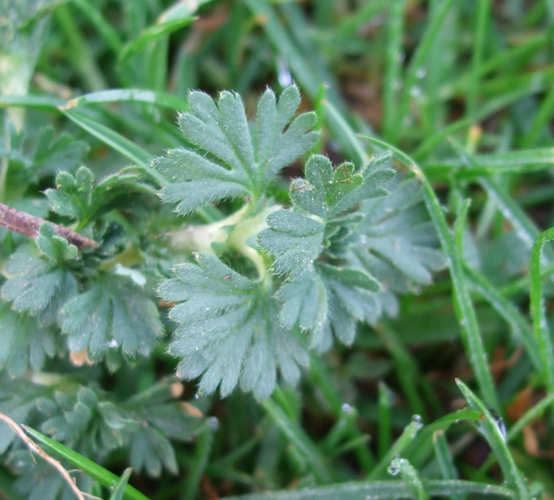
Parsley is a herb that is high in vitamin C and calcium. It is also a natural breath freshener for your bearded dragon. When feeding parsley to your bearded dragon, make sure to chop it into small pieces and feed it in moderation.
11. Dandelion Greens

Dandelion greens are a nutritious and safe vegetable for your bearded dragon. They are high in vitamin A, vitamin C, and calcium. When feeding dandelion greens to your bearded dragon, make sure to remove any pesticides and chop the leaves into small pieces.
12. Spinach
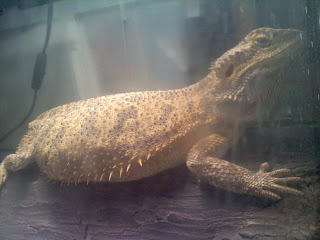
Spinach is a good source of fiber, vitamin A, and calcium. It also contains iron, which helps your bearded dragon produce red blood cells. When feeding spinach to your bearded dragon, make sure to chop it into small pieces and feed it in moderation because it contains oxalates, which can bind to calcium and cause health problems.
13. Green Beans
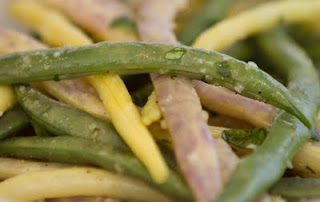
Green beans are a good source of fiber and vitamin C. They also contain some calcium and iron. When feeding green beans to your bearded dragon, make sure to remove the strings and chop them into small pieces.
14. Celery

Celery is a good source of fiber and vitamin C. It also contains some calcium and iron. When feeding celery to your bearded dragon, make sure to chop it into small pieces and feed it in moderation.
15. Cabbage
Cabbage is a nutritious vegetable that is high in vitamin C, vitamin K, and fiber. When feeding cabbage to your bearded dragon, make sure to remove the tough leaves and chop it into small pieces.
Conclusion
In conclusion, providing your bearded dragon with a healthy diet that includes a variety of vegetables is essential to their health and happiness. The vegetables listed above are safe and nutritious for your beardie, but remember to feed them in moderation and always research new foods before introducing them to your bearded dragon’s diet. Your veterinarian can also provide you with more information on your bearded dragon’s specific dietary needs.
